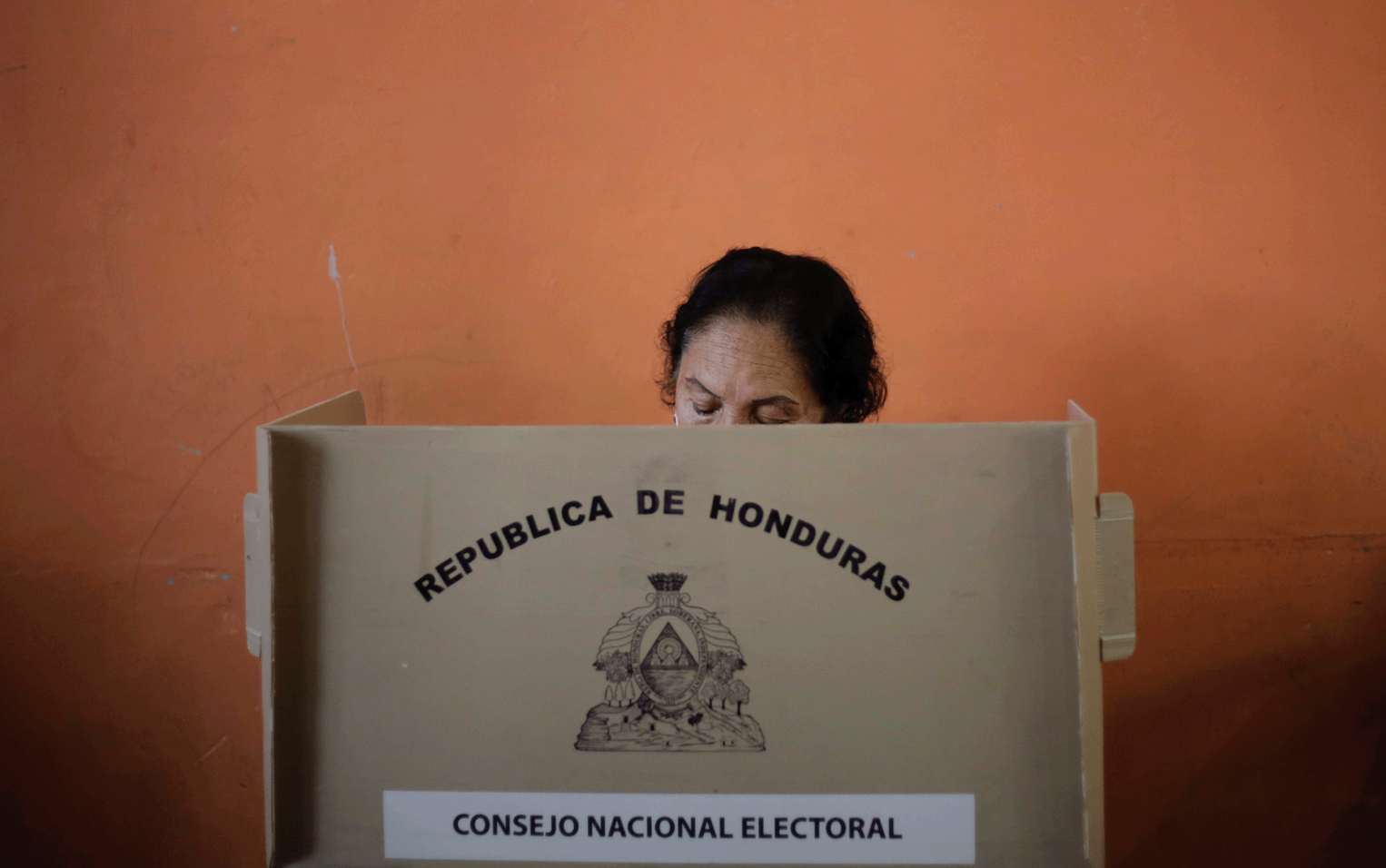With only days to go before the general elections on November 30, Honduras faces a challenge that transcends the electoral contest itself: restoring confidence in democratic integrity. The pre-electoral report by Electoral Transparency warns that the process is unfolding in a context of high political polarization, widespread public distrust, and institutional fragility within the bodies responsible for organizing and arbitrating the elections. This scenario—combining political tensions, judicial interference, logistical difficulties, and technological risks—puts the country’s ability to guarantee a credible, peaceful, and transparent process to the test.
The Organization of American States (OAS) and the European Union (EU), both present in Honduras as observers, have also warned of the high level of conflict surrounding the election. The OAS has expressed concern over accusations by the Prosecutor’s Office against an electoral counselor and two magistrates representing opposition parties in the Electoral Justice Tribunal (TJE), the body in charge of resolving electoral disputes.
The electoral climate is marked by confrontations within the electoral bodies themselves, the National Electoral Council (CNE) and the TJE, exacerbated by their partisan composition. This dynamic not only erodes the autonomy of electoral institutions but also affects perceptions of impartiality and certainty regarding the results. The problem is not new: the institutional instability that has persisted since the 2009 political crisis and the allegations of fraud in 2017 have left a deep mark of distrust among citizens, 75% of whom express little or no confidence in the CNE in recent surveys.
Adding to this institutional crisis is another factor: the interference of other branches of the State in the electoral process. The judicialization of TJE decisions, actions by the Public Prosecutor’s Office against electoral magistrates, and the undue intervention of the Armed Forces (FFAA) in requesting copies of presidential closing records all represent a direct risk to the autonomy of the process. The principle of separation of powers—essential in any democracy—is threatened when electoral institutions are subjected to political or judicial pressures during moments of high pre-electoral sensitivity.
The TJE, in particular, faces an internal paralysis due to the lack of consensus required to resolve appeals, which could delay the resolution of post-electoral disputes. This heightens uncertainty, as the legitimacy of elections depends not only on the vote itself but also on the capacity of the electoral justice system to address conflicts swiftly, independently, and in accordance with the law.
Another critical axis is the technological component, where advancements coexist with structural weaknesses. The introduction of the Preliminary Electoral Results Transmission System (TREP), biometric voter identification, and satellite connectivity services in rural areas represent a significant technical leap. However, the procurement processes for these solutions were marked by controversies, delays, and a lack of transparency in publishing the contracts.
The national simulation held on November 9 confirmed that the technological complexity of the system requires urgent adjustments. The exercise—during which 35.7% of projected tally sheets were transmitted and 23.7% of deployed biometric devices were connected—revealed failures in connectivity, system integration, and technical staff training. While the simulation fulfilled its diagnostic purpose, the results show that operational risk ahead of election day remains high.
Another issue clouding the process is the weakness in political finance oversight. The Financing, Transparency, and Oversight Unit (UFTF), known as the “Clean Politics Unit,” faces serious budgetary constraints due to the inaction of the National Congress, which failed to approve the requested funds. As of November 4, only 43% of obligated candidates had formally registered with the UFTF, a troubling indicator of non-compliance in financial transparency.
The lack of resources and regulatory compliance weakens the ability to control the use of public and private funds in campaigns, creating perverse incentives for opaque or illicit financing. This situation “undermines fairness in electoral competition” and limits the possibility of sanctioning irregularities in real time.
The political context cannot be understood without acknowledging the impact of polarization and electoral violence. In the months leading up to the process, five candidates have been murdered, reflecting the persistence of a climate of intimidation and insecurity. Polarization also manifests in political discourse: the main parties—Libre, National, and Liberal—have repeatedly resorted to premature accusations of fraud, a practice that erodes public trust and creates conditions conducive to post-electoral conflict.
This underscores the urgency of strengthening the independence of electoral bodies and shielding them from external pressure. Respect for institutional autonomy must be a shared commitment across all branches of the State. International observation plays a fundamental role as a mechanism for technical support and as a safeguard against potential breaches of transparency. However, the success of the process will ultimately depend on the responsibility and cooperation of national authorities.
For the electoral process to reach a successful conclusion, the CNE and the TJE must overcome the logic of partisan vetoes and prioritize consensus in decision-making; the National Congress must ensure the budgetary resources needed for the autonomous functioning of the institutions; and the Public Prosecutor’s Office must refrain from actions or statements that could be interpreted as political interference.
Although the electoral process is unfolding amid political, technological, and institutional tensions, it also offers a historic opportunity to rebuild trust. Electoral observation plays an essential role in ensuring transparency and accountability. The findings of the Electoral Transparency report, along with prior statements and reports from the National Democratic Institute (NDI), the Organization of American States (OAS), and the European Union (EU), should not be interpreted as condemnations but as calls to action: there is still room to correct, adjust, and consolidate the technical advances made so far.
If the authorities succeed in ensuring transparency and the proper functioning of the TREP, strengthening the autonomy of the TJE, and providing resources to the Clean Politics Unit, November 30 could represent a turning point in Honduras’s democratic history. Conversely, if institutional tensions and narratives of distrust prevail, the country risks repeating the same patterns of crisis and delegitimization that have marked its recent past.













